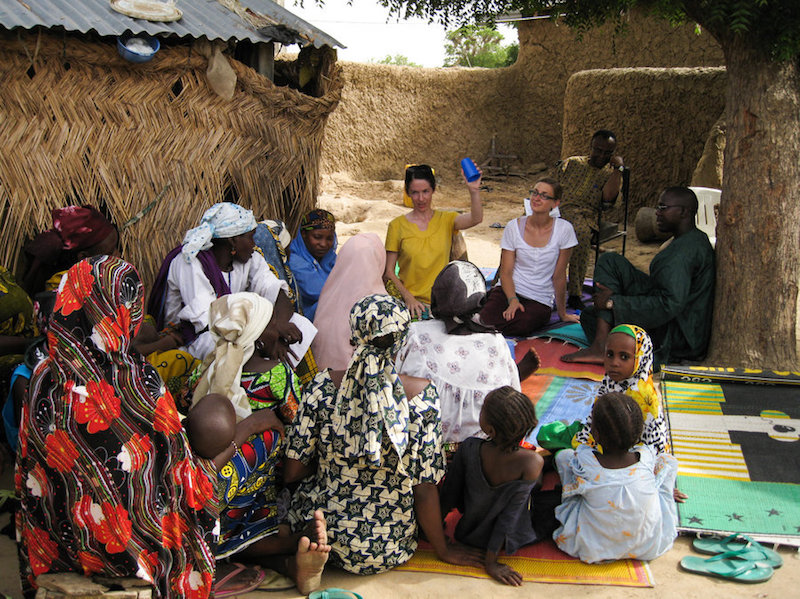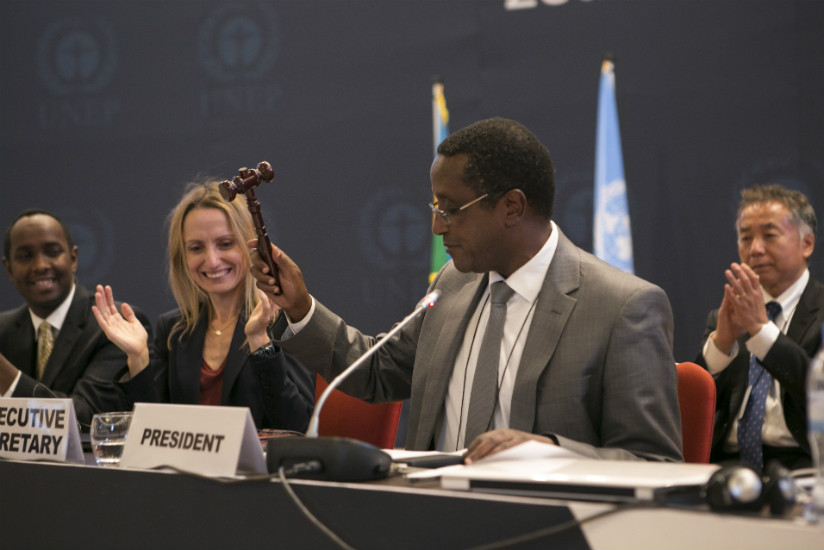
Marking the International Day of Rural Women, United Nations Secretary-General Ban Ki-moon stressed that rural women are critical to the success of almost all of the 17 Sustainable Development Goals (SDGs), as they all “have gender equality and women’s empowerment at their core.”
Rurual Women make up 25 per cent of the world’s population and in developing countries they make up 43 per cent of the agricultural labour force that produces much of the world’s food.
It is no wonder, then, that the Secretary-General calls rural women the backbone of rural communities, where, “and in many households they have the key responsibility for food security, education opportunities and healthcare.”
And yet that backbone is under threat, as increasingly, the effects of climate change and environmental degradation are forcing rural women to migrate in search of land where they can produce food and improve their families’ lives. This leads to instability, isolation, and marginalization. Frequently, male family members leave to seek work elsewhere.
Executive Director of UN Women Phumzile Mlambo-Ngcuka said in a statement on the Day that “rural women farmers can be agents of change in transforming food production and consumption so that land and resources are used efficiently and sustainably. They need policies and investments that facilitate their active participation and decision-making and their access to land and climate-resilient agricultural methods.”
Changes are on the way for women farmers
UN Women and the World Food Programme (WFP) have launched a the new programme in Rwanda to help women farmers forecast crop demands and create more secure and profitable supply chains through the use of digital technology.
Ms. Mlambo-Ngcuka urged countries with barriers to women’s land ownership or legislation that limits their ability to take out loans to repeal harmful laws and instead implement policies that put women in a position to scale up their production sustainably.
“Food and agricultural initiatives often disregard differences in the roles, labour burdens, assets and access to resources of rural men and women. But if women in rural areas had the same access to land, technology, financial services, education and markets as men, they could increase agricultural production and reduce the number of hungry people – and among those, the women and girls who often eat least,” she added.
Mr. Ban, in his message, urged governments to make simple policy changes, such as regulating remittances and reducing transaction costs in order to provide rural women with economic access and power. “Training and access to information on climate-resilient agriculture and technology can make a critical difference,” he recommended.
In order to successfully implement these changes, governments and other actors must also work to dismantle stereotypes that view economics as an exclusively male domain, added the UN chief.
To put the impact of this exclusion and the effects of climate-change induced migration into perspective, consider that 76 per cent of the world’s poorest people live in rural areas that are vulnerable to growing stress on water and land use.
The Secretary-General underscored that in order for us to deliver on the 2030 Agenda for Sustainable Development, “we must help rural women to thrive, and to access the support and information they need so they can fulfil their potential without leaving their communities.”












